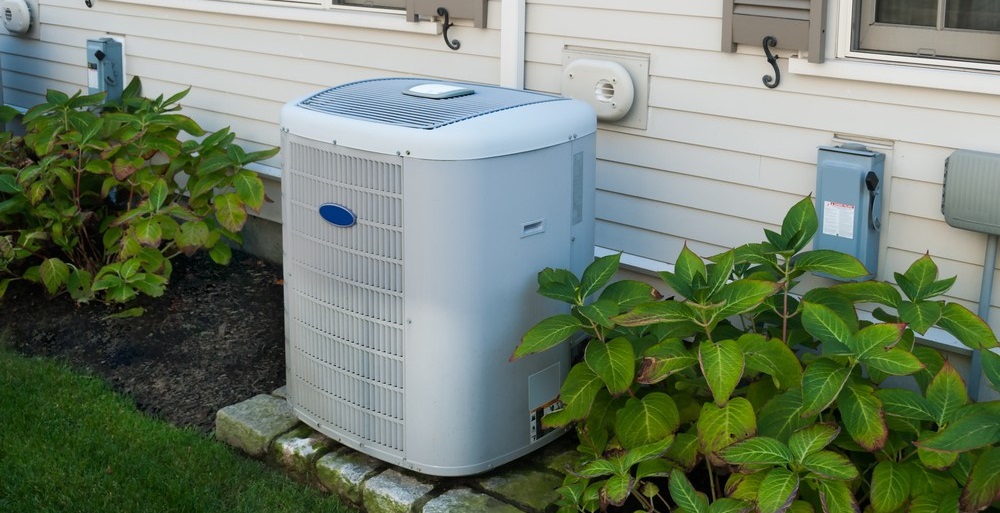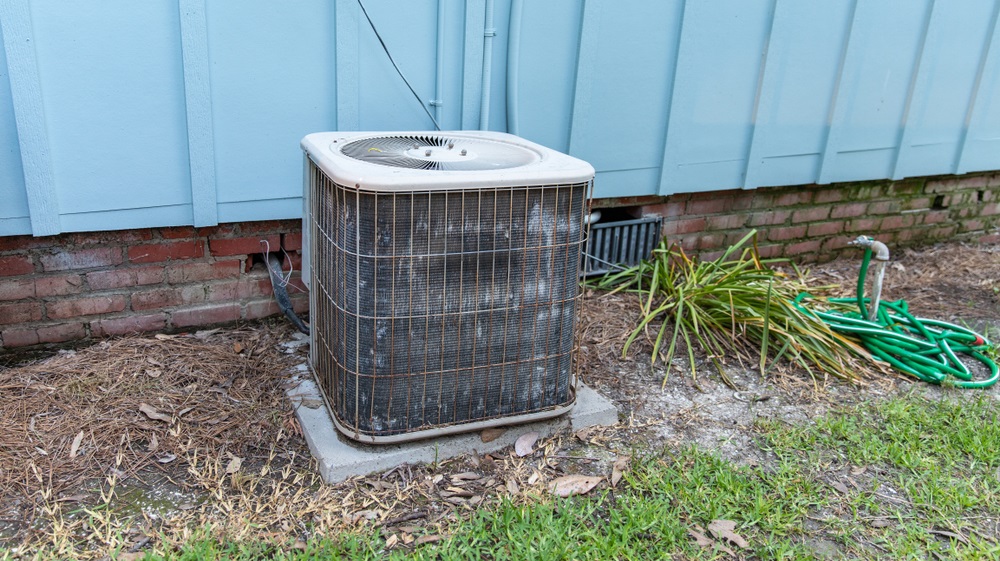
Over the years, there have been major advancements in the design and build of HVAC units to prolong their lifespan. However, even with these advancements, HVAC systems have a finite lifetime.
Most HVAC units last 15 to 20 years, but each unit’s particular life expectancy depends on a number of factors. It also varies for the different parts of the HVAC system.
How Long Does an HVAC System Last?
On average, air conditioners last 15-20 years, furnaces last up to 20 years, and a heat pump lasts about 15 years. So let’s take a look at some of the factors affecting its lifespan.
Factors That Influence How Long an HVAC System Lasts
The Quality of the Various HVAC Unit Components
High-quality HVAC components are more durable than their counterparts. Therefore, when installing an HVAC system, ensure to go for the highest quality components. They may be pricier, but they offer you great value for money by serving you efficiently for longer.
Pay attention to the warranty period of the various components of your AC system and HVAC unit. It is an indicator of the manufacturers’ confidence in the quality and efficiency of the products. A longer warranty can point towards better quality.
A lifetime warranty is preferable, but 5-10 years will suffice. Also, do thorough research to establish the reliability of different HVAC products. Look out for complaints about the units breaking down too soon.
Regular Maintenance
Proper maintenance is crucial for the durability of the HVAC system. It can mean the difference between the system breaking down in a few years or outliving its expected lifespan.
HVAC systems need to be inspected by a licensed contractor or HVAC technician every year. You also need to routinely clean, change, or replace parts such as air ducts, air filters, etc. Regular maintenance is a must for extending the life of any HVAC unit.
Environmental Conditions
If you live in coastal areas, your HVAC system will wear out faster than if you live in other areas. This is because the air in coastal regions is salty and tends to cause wear and tear on the external and internal components of the system. In addition, it may cause corrosion and rust.
Off-gassing contributes greatly to the wear and tear of the HVAC system. Off-gassing refers to the chemical vapors released in your home by cleaning supplies, paint, mattresses, furniture, etc. These chemicals enter the air conditioning system and cause corrosion.
Climatic Conditions
The climatic conditions in your area determine which parts of the HVAC system wear out first. For instance, if you live in colder places, the furnace will wear out faster than the air conditioner as you tend to use it more. On the other hand, in warmer climates, the air conditioner wears out faster.
Installation
The quality of installation affects the efficiency and overall quality of the HVAC system. First of all, the HVAC system must be well suited for your home size and air conditioning needs. Secondly, it needs to be installed properly.
Therefore, the HVAC system must be installed by a reputable and experienced professional. They know the appropriate ductwork size in correspondence to the size of the building.
Frequency of Use of the HVAC System
If you spend a lot of time away from your home, your HVAC system will likely last longer than in a location used year-round.
Signs the HVAC System Needs to Be Replaced

As a homeowner or property owner, it is crucial that you replace your HVAC system in time before a total failure. Often, the system will show signs before the system fails. These include:
The HVAC System Has Exceeded Its Expected Lifetime
Although it may sound obvious, once the HVAC system exceeds its indicated lifespan, it is likely to start exhibiting some issues. Regularly maintaining the system keeps it working efficiently.
However, if you notice regular breakdowns, it is time for an HVAC replacement. You could also have an HVAC professional inspect your system and advise whether it still has a bit of life left in it or if it needs an immediate HVAC replacement.
The System Breaks Down Too Frequently
Inevitably, parts of your HVAC system will break down from time to time. However, if the breakdowns are too frequent, it might signify that the system has done its time.
Higher Energy Bill Than Usual
Your monthly energy bill should stay within a certain range every month unless you change your energy consumption. There might be a fluctuation in the furnace and air conditioner energy consumption in the colder and hotter seasons, respectively. However, if there is a sudden, unexplainable increase in your energy bills that goes on for a few months, it might be time for a new HVAC system.
If Repair Costs Are Too High
In a scenario where a part or parts of the HVAC system have broken down, and the cost of repair is too high, it would make better sense to replace the entire system. Ideally, if the repair costs are more than half the price of a new unit, it is advisable to replace the HVAC system instead.
Short-Cycling of the HVAC System
This happens when the power system turns on and off randomly throughout the day. Short-cycling is dangerous if not addressed as it can cause other parts of the system, such as breakers and thermostats, to break down. As such, it poses a risk of fire hazard. If this issue keeps recurring even after repair, it is safer to replace the HVAC system.
Conclusion
There may be obvious tell-tale signs that your system is due for replacement, such as regular system failures, extremely high energy bills, less than desirable indoor air quality, or repair costs.
However, the best way to determine if your system is due for an HVAC replacement is to hire an HVAC professional to inspect the system. They will advise on whether you need to replace certain components or the entire HVAC system.
In addition to your HVAC system, you should also consider investing in an air purifier for the home.
